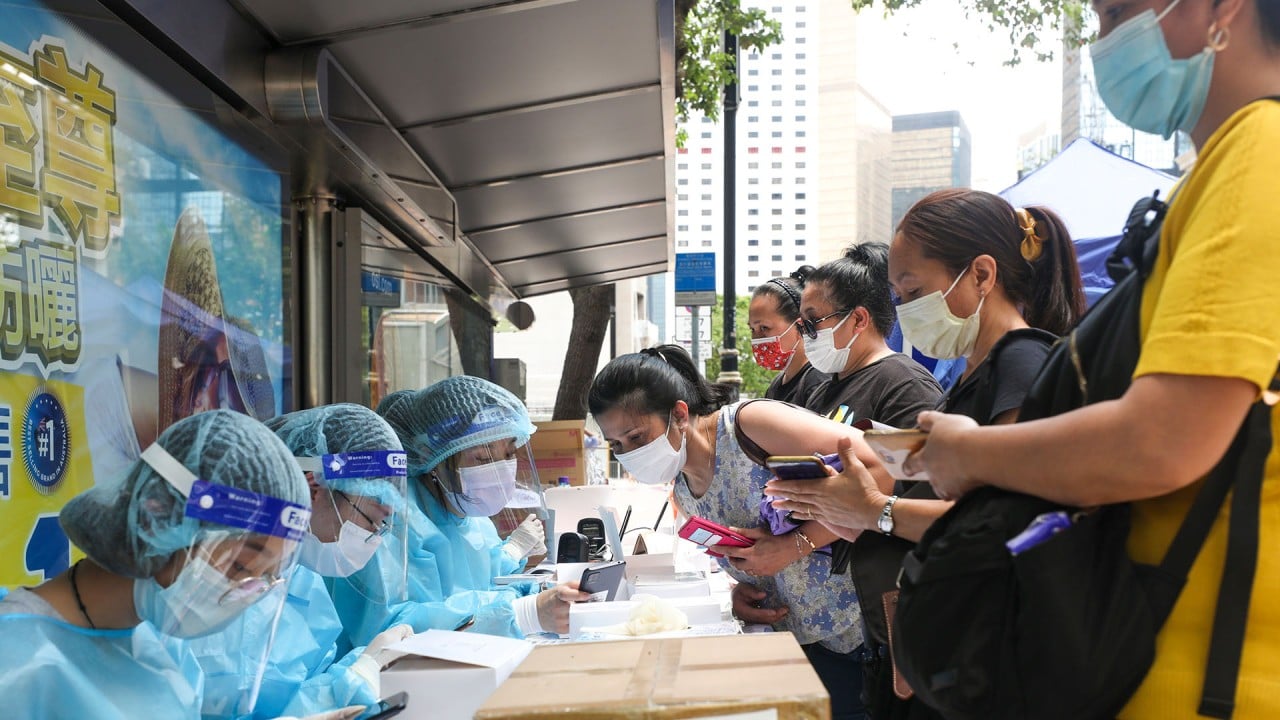Advertisement
As I see it | Hong Kong’s domestic workers are everyday heroes. Don’t treat them like second-class citizens
- Advocates are launching a Helper Appreciation Day on May 30, and such an initiative couldn’t come at a better time, says Raquel Carvalho
- The city’s domestic workers have long faced ingrained racism and sexism – and the pandemic has only made the discrimination worse
Reading Time:3 minutes
Why you can trust SCMP
39

Earlier this month, I received an email from a reader who was concerned about discrimination against domestic workers amid the coronavirus pandemic. As a member of an ethnic minority group herself, she noted that she too had “experienced racism in Hong Kong many times”.
Throughout the years, I have conducted dozens of interviews with domestic workers and advocates, highlighting the mistreatment of the city’s migrant workers.
But Covid-19 brought many new extra burdens. Amid anxieties about their own families, who are mostly in the Philippines and Indonesia, some domestic workers have been prevented from taking their days off, faced heavier workloads and, at times, even abuse. Others were fired and ended up in shelters run by non-profit organisations.

03:08
Hong Kong domestic helpers slam ‘discriminatory’ Covid-19 rules
Hong Kong domestic helpers slam ‘discriminatory’ Covid-19 rules
Robert Godden, director of the communications consultancy Rights Exposure, pointed to increased discrimination during the crisis , not only “in public spaces … and with their employers, but you also saw that in the public realm”, he said, in reference to negative comments about domestic workers from politicians.
Chief Executive Carrie Lam Cheng Yuet-ngor said on May 11 that the Hong Kong government would withdraw a mandatory vaccination plan for the city’s domestic workers, which had sparked controversy. Still, she ordered another round of mandatory Covid-19 testing.
Surely the government understands that its singling out of one group sends a message to the whole of society, and will only instigate more distrust and discrimination.
“To roll out a policy for 370,000 domestic workers in the city requires a well coordinated, well thought-out and justified approach,” said Manisha Wijesinghe, executive director of the support group HELP for Domestic Workers.
Advertisement
